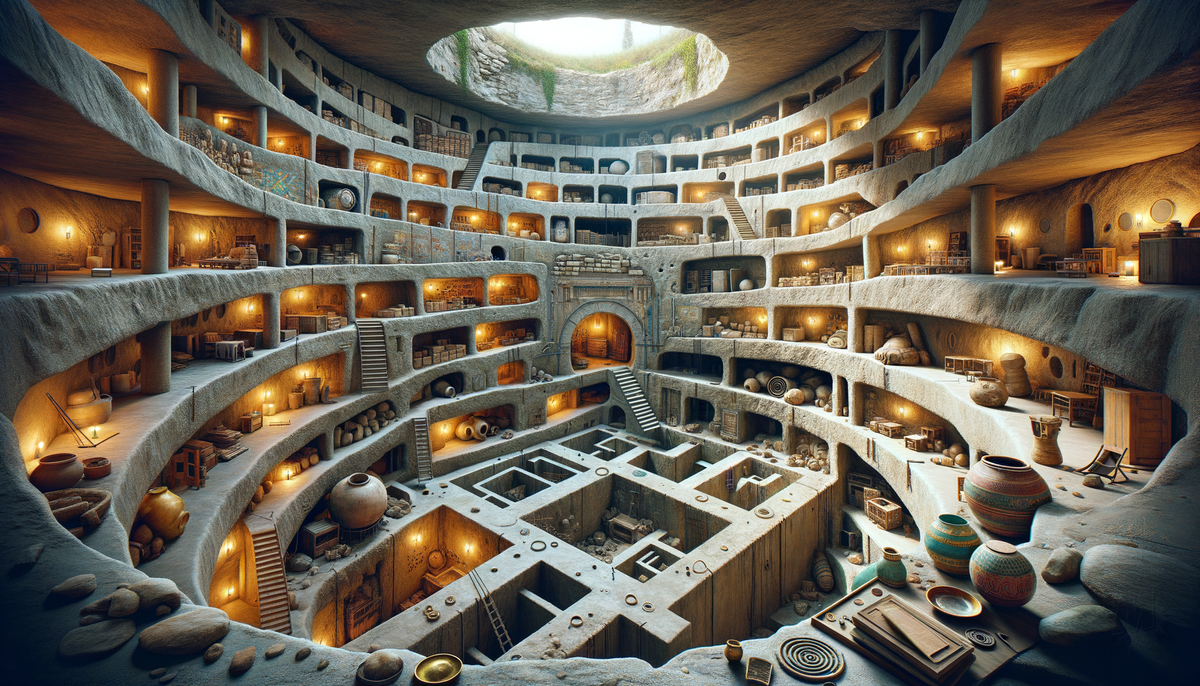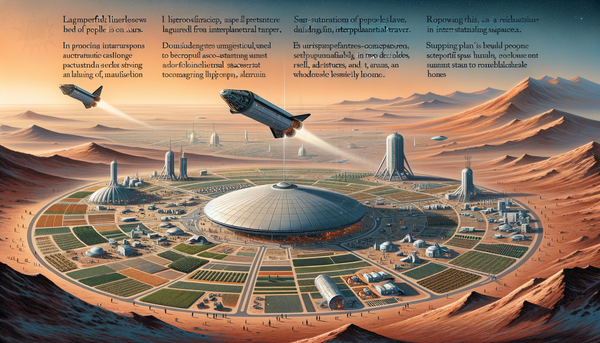Ancient Tunnel Complex from Bar Kochba Era Unearthed by Sea of Galilee

In northern Israel, archaeologists have unearthed a large underground hiding complex at the ancient village site of Huqoq, dating back to the times of the Bar Kochba Revolt (132-136 CE). This discovery, facilitated by the Israel Antiquities Authority (IAA) in collaboration with various partners including the Israeli Heritage Ministry, KKL-JNF, and Zefat Academic College, is considered the most extensive of its kind in the Galilee region.
The excavation revealed that the local Jewish population repurposed a Second Temple period water cistern into a subterranean refuge, expanding it through a network of tunnels connecting to other underground chambers. The complex features multiple hiding spaces and tactical features, such as holes turned at 90-degree angles, designed to thwart Roman pursuers. This finding contributes to the ongoing scholarly debate about the geographic extent of the Bar Kochba Revolt, which was previously thought to be confined mainly to the Judea region.
Artifacts such as broken clay and glass dishes, a ring, and other items were also recovered, providing further insight into this period of Jewish history. The site, which also includes a synagogue with unique mosaics from the Byzantine period, will be made accessible to the public. The Israeli authorities plan to develop this location into an archaeological tourism destination, showcasing the rich heritage and complex history of the region.




